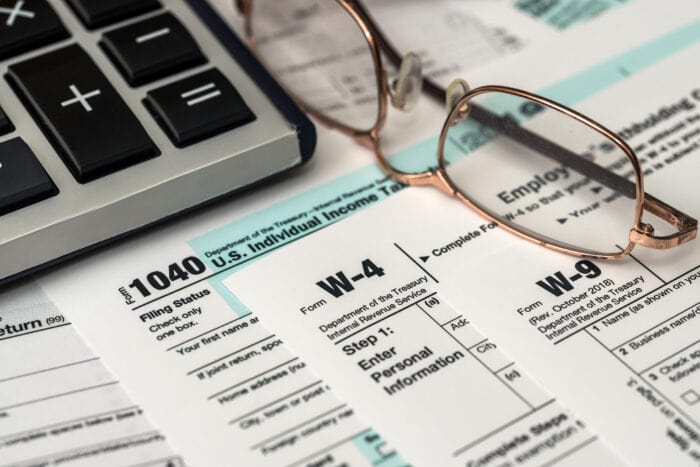Where to get a police certificate for your green card application
What is a police certificate?
A police certificate is a document that details any arrests for an individual — as well as the reasons for and outcomes of those arrests — while that person was living in a particular area. If you’re applying for a family-based or marriage-based green card from abroad, then you must submit a police certificate — issued by a police authority — from countries where you have lived in the past, even if you have no criminal record in any of those countries.
If you do have a criminal history, you may still be eligible for a green card, but it’s important to understand the rules for applicants with criminal records.
In this guide, you’ll learn where and how to properly obtain a police clearance certificate, as well as what to submit in its place if it’s not available. RapidVisa also has a detailed guide on obtaining court, police, and prison records, which are different from a police certificate because they are required only if a family member seeking a green card has a record of a law enforcement issue.
Requirements
Who must submit a police clearance certificate?
Only a family member applying for a green card from abroad must submit a photocopy of their police clearance certificate to the National Visa Center (NVC) and bring the original or certified copy to their green card interview. (Family members applying for a green card from within the United States instead must submit police records, not a police clearance certificate.)
If you’re at least 16 years old, you must submit a police clearance certificate from each of the following countries (except the United States), whether or not you’ve ever been arrested there:
- Your country of nationality if you’ve lived there for at least six months at any time in your life
- Your country of residence if it’s different from your country of nationality and if you’ve lived there for at least six months
- Any country if you’ve lived there for at least 12 months and were at least 16 years old at the time
You also must submit a police clearance certificate from any locality in the world (except in the United States) where you’ve been arrested for any reason, at any age, and regardless of how long you lived there.
How recent must each police clearance certificate be?
Each police clearance certificate must be less than a year old. If all of the following conditions are true at the time of your green card interview, you must obtain a new police certificate:
- Your police clearance certificate is more than a year old.
- You still live in, or have returned to, the country where the certificate was issued.
- You’re older than 16.
What if my police clearance certificate is not written in English?
A police clearance certificate that is written in a language other than English must be submitted with a certified English translation.
Where to Get a Police Certificate
You can obtain a police clearance certificate from the issuing authority in each country, listed on the U.S. Department of State’s website. On the left-hand side of the webpage, you will need to select the first letter of your country’s name, select your country, and click on the “Police, Court, Prison Records” tab to view the important details.
For each country, the State Department lists the name of the issuing authority, current fee, and procedures for obtaining a certificate.
What if I can’t get a police clearance certificate?
Unless a particular country’s guidelines for “Police, Court, Prison Records” specifically indicate that such records are “unavailable,” you must submit a notarized personal affidavit (written statement) in which you explain in detail why you could not obtain a police clearance certificate.
RapidVisa makes it easy to complete your green card application and guides you through your document gathering.


